We manage carbon compensation programs where we are looking for individual or businesses in Europe that want to compensate for (more than just offsetting) carbon emissions in their homes and businesses.
SENU don’t simply plant trees and walk away as we offer wrap around care, communication and education ensuring that…
– the trees reach maturity and create a habitat
– the habitat benefits biodiversity
– we can host local schools and businesses in a green space
– offering them, shade, climate education and food security.
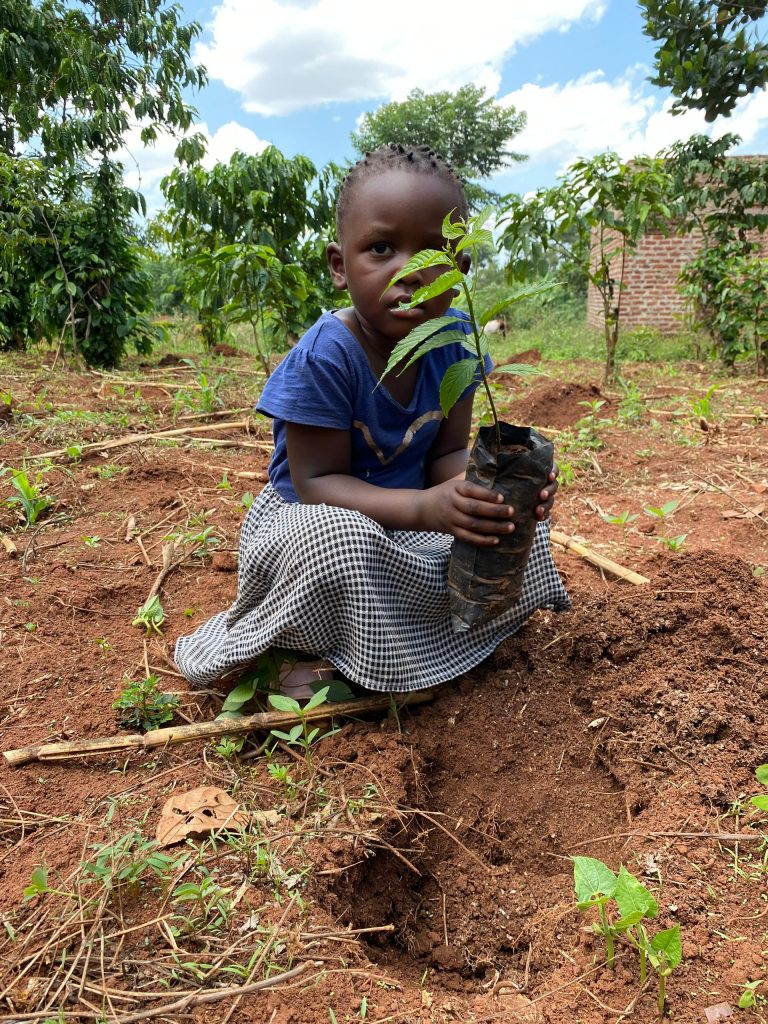
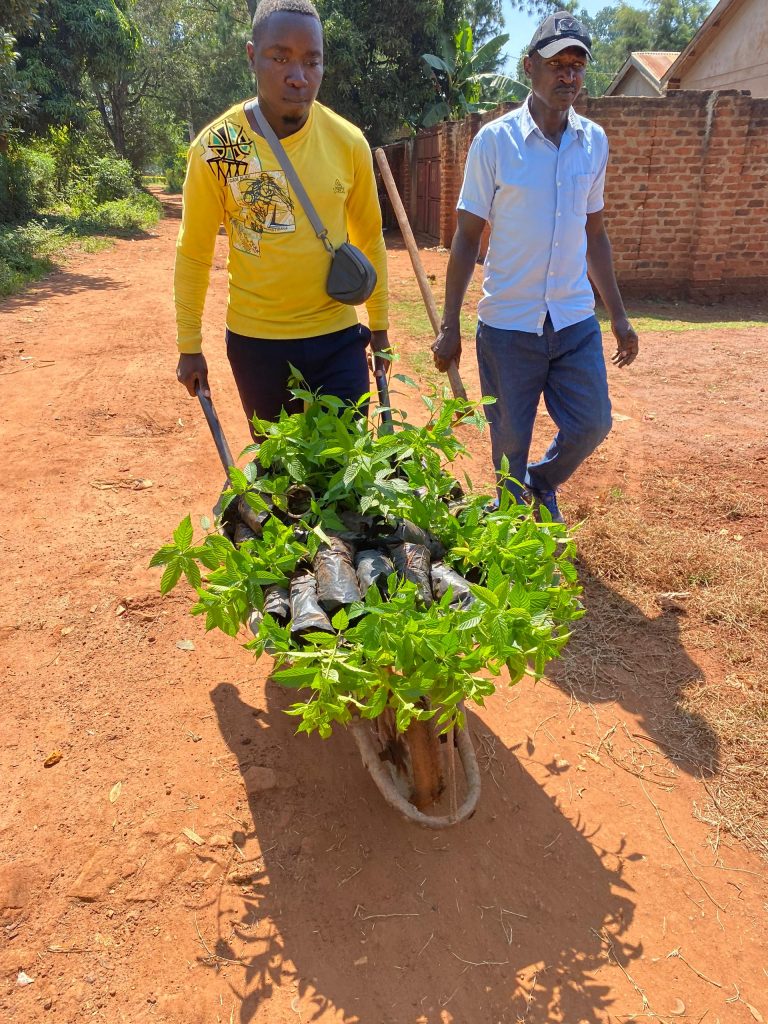
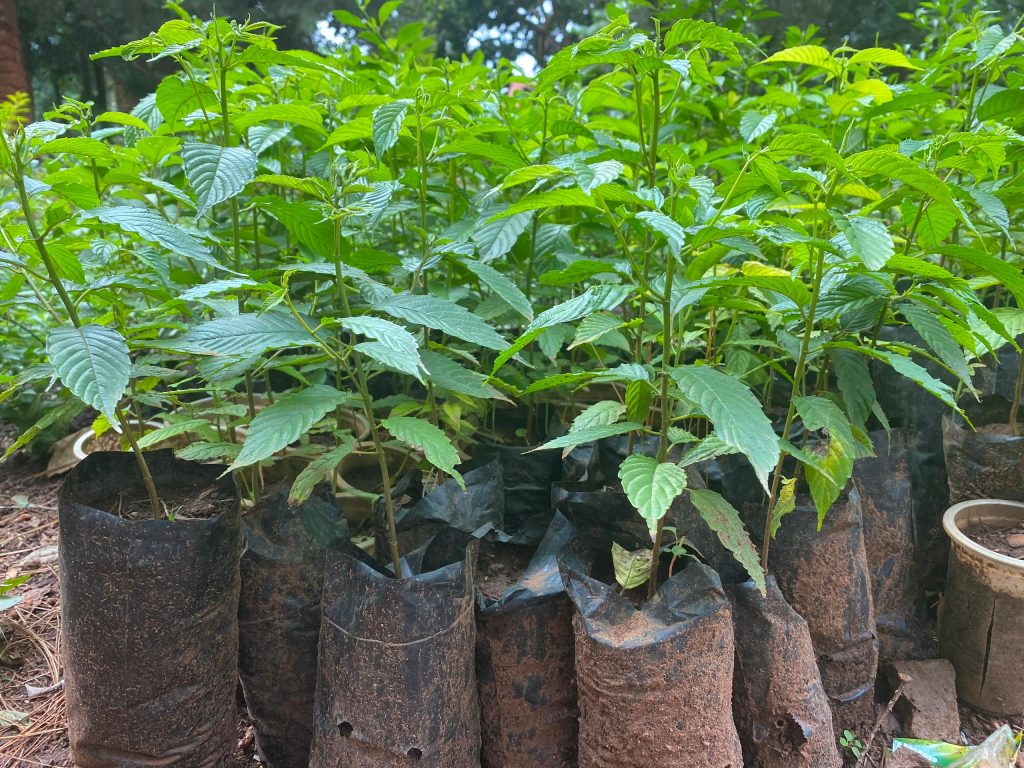
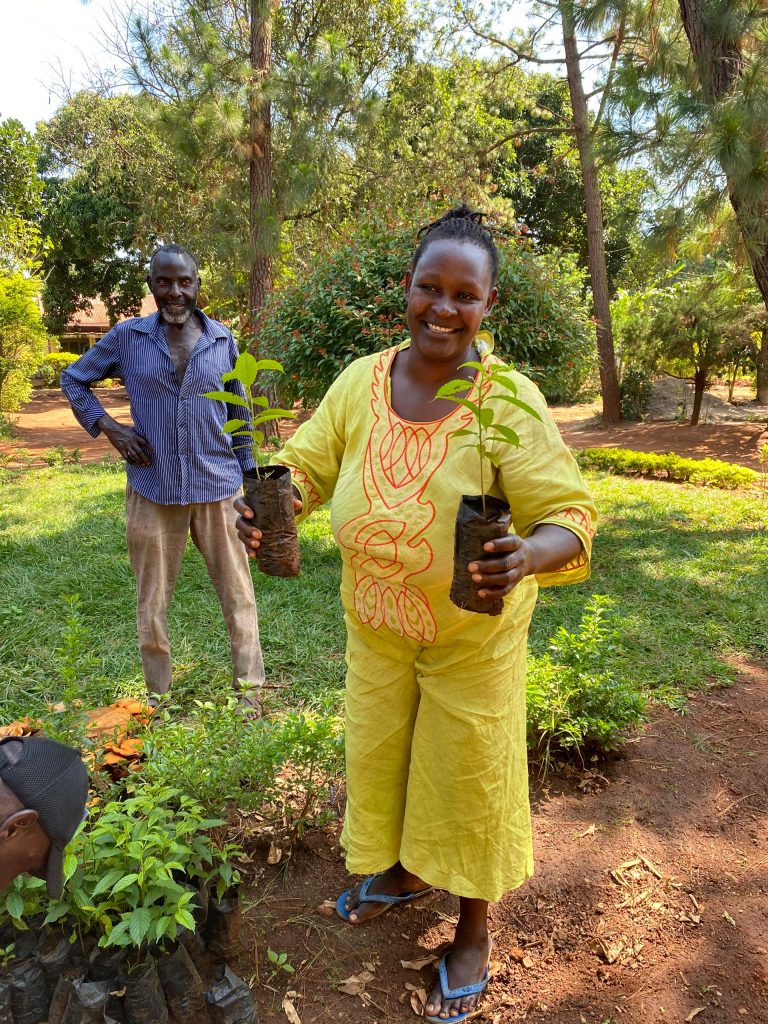
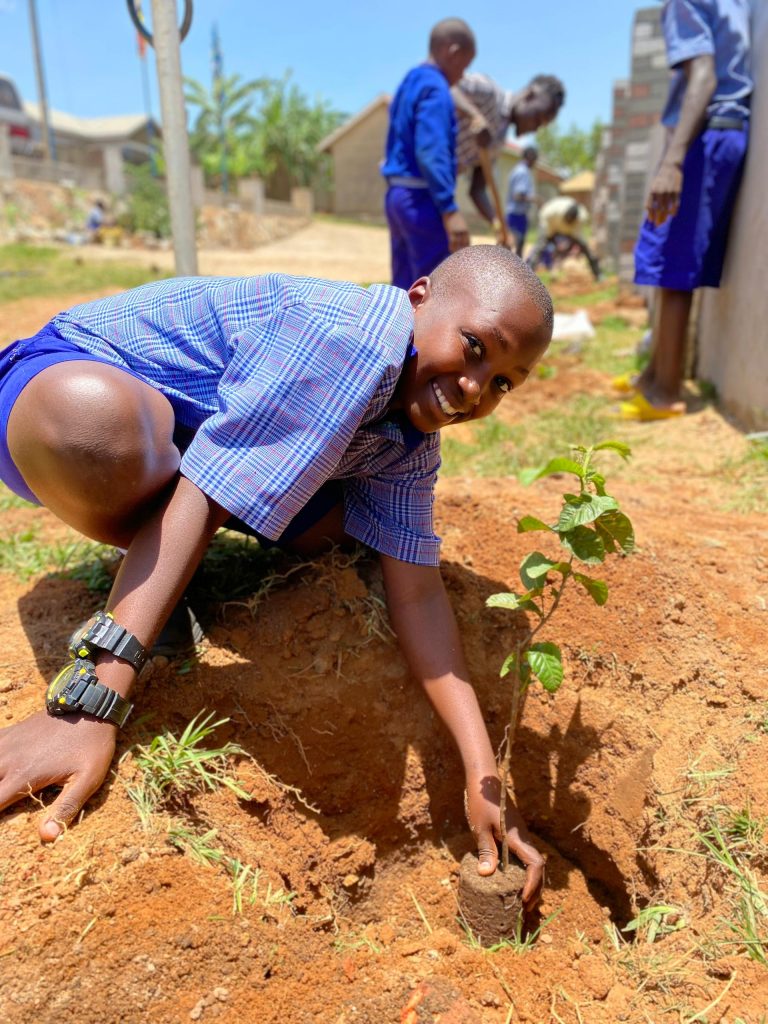
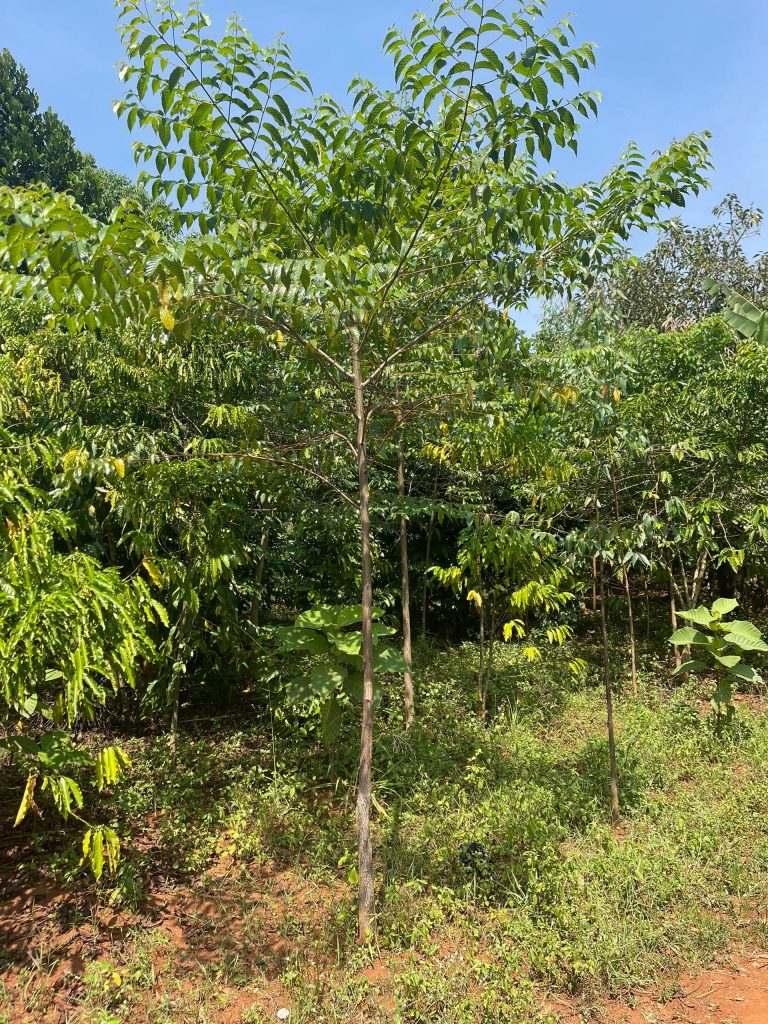
Costs to cover SENU Carbon Compensation (more than just off setting): –
US $500 covers planting a mini forest (30 trees) with a school or business with wrap around education through storytelling.
US $100 as above for 8 trees (representing an internal flight)
US $50 covers planting up to five fruit trees within a school for environmental awareness and food security.
To compensate for carbon dioxide emissions we have researched how many trees are required in the Ugandan climate. This is from the time of planting to the point the tree has reached maturity, after which it absorbs less CO2. Please note reliable saplings in Uganda cost the same to buy as in Europe. (Currency converter website)
______________
COMPENSATING FOR FLIGHTS: –
| Flight in economy, internally within your country | on average 0.25 Tons of CO2 | requiring 8 trees under our scheme | |
| Fight scross Europe / across Africa / across N America | on average 1 tons of CO2 | requiring 30 trees under our scheme | |
| Fight around the world | on average 2.5 tons of CO2 | requiring 90 tress under our scheme | |
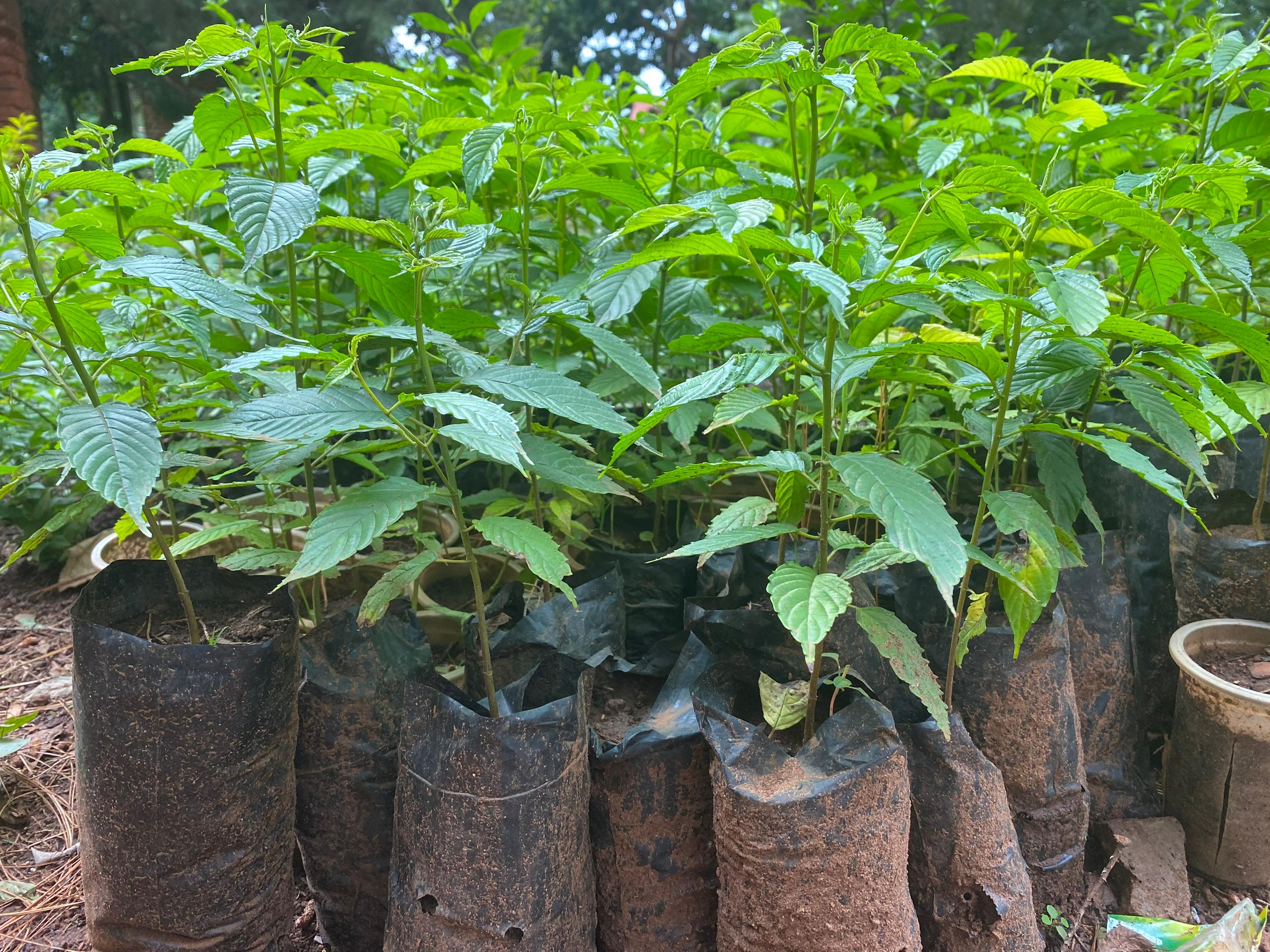
SENU’S COSTS FOR CARBON COMPENSATION
We don’t calculate this per ton of CO2 because we offer so much more than the off-setting achieved by tree planting alone, see above.
We have to incorporate the costs for these extra services to mitigate against climate change and climate justice issues. It is not possible to receive grants for this work in Uganda.
Read on to find out why this project is worth investing in and get in touch for free advice…
What is Carbon Offsetting
This involves offsetting carbon emissions by planting trees that absorb carbon dioxide from the atmosphere.
Crucially trees also store this gas long term which helps to reduce climate change. Globally, this approach is widely adopted by individuals, companies, and organizations aiming to mitigate their environmental impact and carbon footprints.
SENU is a specialist in this field in Uganda.

Benefits of Tree Planting
-
- Carbon Sequestration: Trees absorb CO₂ during photosynthesis, storing carbon and releasing oxygen, thus reducing atmospheric greenhouse gases.
- Biodiversity Support: Reforestation and afforestation efforts can restore habitats, promoting biodiversity and supporting ecosystems.
- Community Engagement: Tree planting initiatives can involve local communities, providing employment opportunities and fostering environmental stewardship.
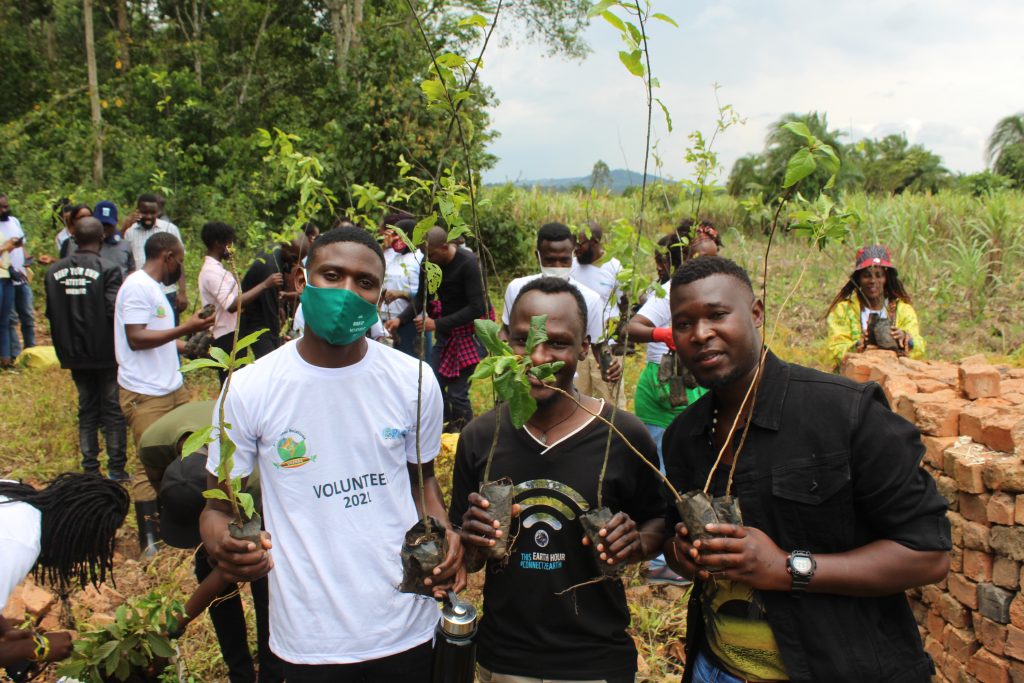
Considerations for Effective Tree Planting Initiatives
- While tree planting offers significant benefits, it’s essential to approach such initiatives thoughtfully:
- Species Selection: Choosing appropriate, native species ensures ecological balance and higher survival rates. SENU aims to plant a habitat not just a line of trees.
- Long-Term Maintenance: Sustainable impact requires ongoing care and monitoring of planted trees to ensure they reach maturity. SENU revist the sites to offer wrap around education about the importance of trees. We also replant any saplings that have not grown.
- Climate justice: local action should support the community’s need for food. SENU do this by planting native fruit trees with hope of allowing school communities to have access to free food but als
- Holistic Environmental Strategy: Tree planting should complement, not replace, efforts to reduce emissions at the source. SENU‘s education program uses the excuse of planting trees with a community to communicate about other actions to mitigate against climate change.
- Species Selection: Choosing appropriate, native species ensures ecological balance and higher survival rates. SENU aims to plant a habitat not just a line of trees.
 Further details
Further details
To compensate for eachton of carbon dioxide emissions we need to plant 30 x trees and ensure they reach maturity in the Ugandan climate.
This is calculated from the time of planting to the point the tree has reached maturity, after which it absorbs less CO2.
The saplings in Uganda cost the same to buy as in Europe.
Donations for Carbon Compensation
